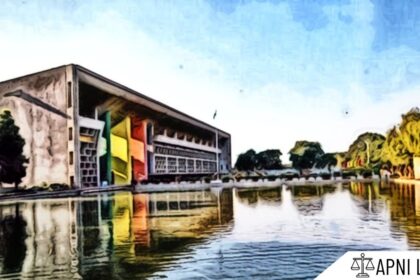CrPC Section 216: Court’s Power to Alter Charge – Explained
1. State the Code
Section 216 of the Code of Criminal Procedure (CrPC), 1973 deals with the court’s power to alter the charge.
2. Explanation
Section 216 empowers the court to alter the charge, including:
- Adding or omitting charges: The court can add new charges or remove existing ones if it deems necessary based on the evidence presented.
- Substituting charges: The court can replace one charge with another if it finds that the original charge is not appropriate based on the evidence.
- Amending the wording of charges: The court can modify the wording of a charge to accurately reflect the nature of the alleged offense.
However, the court can only alter the charge if:
- The alteration does not prejudice the accused: This means that the accused should not be unfairly disadvantaged by the change in charges.
- The accused is given an opportunity to be heard: The court must give the accused a chance to present their arguments before making any changes to the charge.
3. Illustration
Imagine a case where a person is initially charged with theft, but during the trial, evidence emerges suggesting the person may have actually committed robbery. In this situation, the court could use Section 216 to alter the charge from theft to robbery, provided the accused is not prejudiced and given a fair opportunity to respond.
4. Common Questions and Answers
Q: Can the court alter the charge without the consent of the accused?
A: No, the court cannot alter the charge without the consent of the accused, unless the alteration does not prejudice the accused and they are given an opportunity to be heard.
Q: What happens if the accused objects to the alteration of the charge?
A: If the accused objects to the alteration, the court must consider their arguments and decide whether to proceed with the alteration. The court’s decision can be challenged in higher courts.
Q: What are the implications of altering the charge?
A: Altering the charge can significantly impact the course of the trial. It can affect the evidence presented, the legal arguments made, and ultimately, the outcome of the case.









